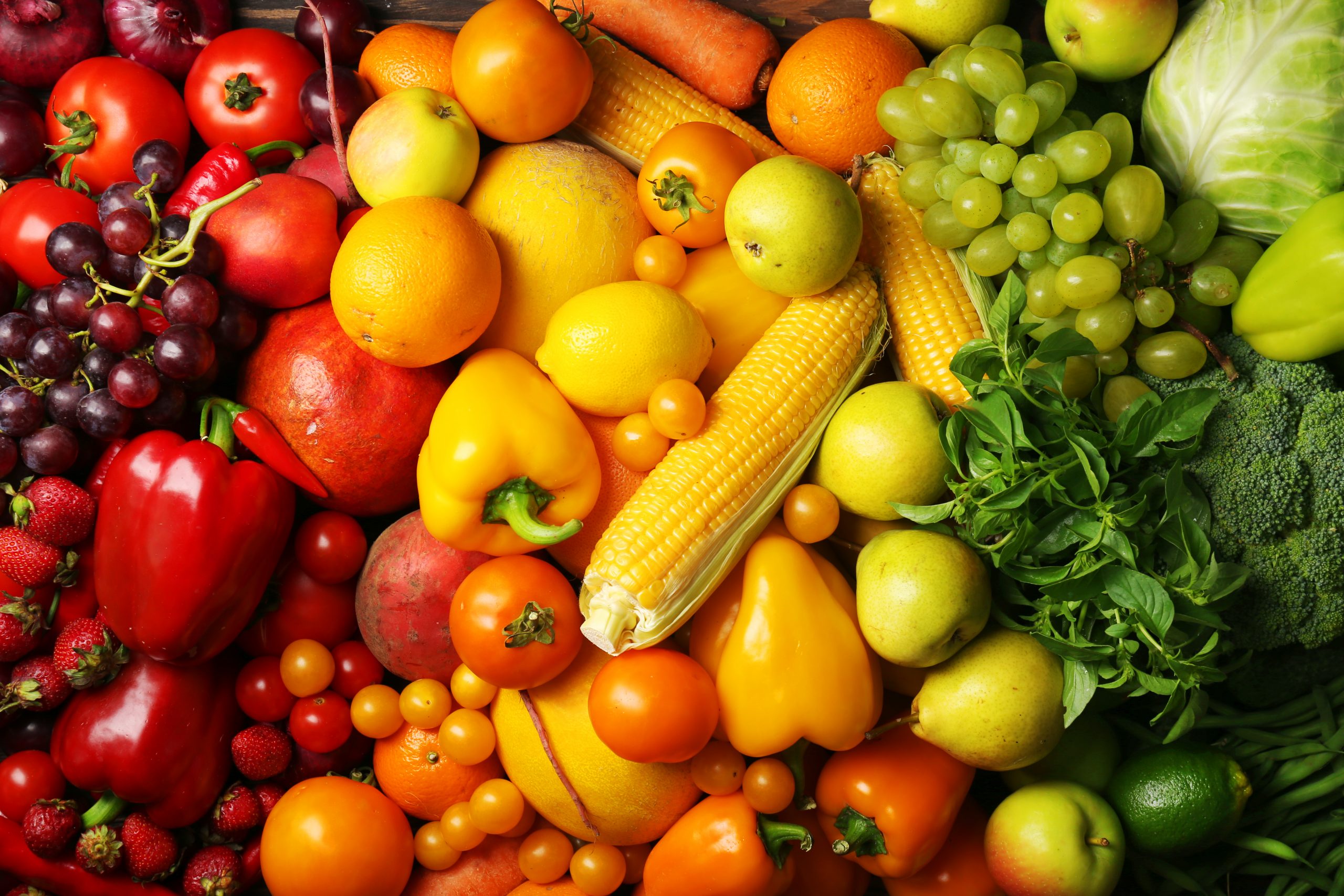
Veg growers’ fight against whitefly intensifies
25 November 2021
Soil health testing yields simple solutions
25 November 2021The Fruit & Vegetable Consortium (FVC) exists to provide the strategic direction and collaborative action required to achieve a significant and sustained increase of Australian consumers’ fruit and vegetable intake. In this column, Fruit & Vegetable Consortium Managing Director Justine Coates answers some questions about the organisation and outlines its plans to boost vegetable consumption.
Over the last few years, the Fruit & Vegetable Consortium (FVC) has made notable progress as a collective of 12 organisations united by purpose and committed to collectively raising the alarmingly low levels of fruit and vegetable consumption in Australia.
What is the FVC?
The membership of the FVC is unique and powerful in that it starts at the paddock with Aussie farmers and collectively has the expertise and capability to collectively influence what’s on the plate.
Led by Nutrition Australia and AUSVEG, the FVC comprises 12 key partners, including VicHealth, Heart Foundation, CSIRO, Health and Wellbeing QLD, Wellbeing SA, Cancer Council Victoria, Deakin University, Stephanie Alexander’s Kitchen Garden and The Good Foundation.
The motivators for the FVC are anchored in human health and wellbeing (preventative and primary care including physical, social, and mental health), with benefits flowing across sectors to agriculture and the supply chain, food service and operators, climate change and the environment, regional communities, and the economy.
What has the FVC achieved to date?
Since March 2019, the FVC has produced a Position Statement, developed a dedicated website, acquired over 250 supporter organisations, and gathered considerable media and institutional interest in its activities.
Importantly, it has also produced a compelling business case with six propositions that have been researched, validated, and ratified by member organisations. The business case outlines the compelling case for investment and material support for a behavioural change strategy to increase vegetable consumption nationally.
These propositions are:
- The vast majority of Australians are not eating the recommended serves of vegetables.
- Low vegetable consumption is causing poor public health outcomes and escalating the health cost burden.
- Attempts to lift vegetable consumption in Australia have not improved the national position.
- The economic, social and environmental payback from investing to lift vegetable consumption is compelling.
- Pooled resources would more effectively deliver the scale of shift that is now required.
- There is much goodwill among stakeholders to collaborate on addressing this national crisis.
The business case was launched in March 2021 and with it there has been a shift in gears, with FY22 set for collective action. To read the business case, please visit the FVC website.
What is a behaviour change strategy?
Behaviour change programs are essentially social marketing that ‘stiches together’ and coordinates the collective efforts of multiple interested parties around a common framework.
In this case, the various interventions will be linked by a common umbrella brand (e.g. an active brand such as the Slip Slop Slap or Quit brands), supported by an advertising campaign.
It is intended that the interventions would be able to embrace many of the current activities of the program partners.
The behavioural change model proposed is evidence based and has been successfully employed in an Australian context for such diverse programs such as safety at work and women’s fitness.
Why is this behaviour change strategy recommended?
The recommendation for a behaviour change strategy – rather than a marketing program alone – is that there are a range of factors constraining vegetable consumption, which vary across different cohorts and meal occasions.
Therefore, a wide range of targeted and nuanced interventions is required beyond advertising alone. Although advertising can be targeted to some degree, it is essentially ‘broad brush’, focusing on just one touch point with a ‘one size fits all’ messaging.
A behavioural issue such as vegetable consumption needs to be far more nuanced in its approach, with distinctly different interventions for each consumer segment that infiltrate their various meal occasions.
Furthermore, the strategy needs to evolve over the years to reflect the changing dynamic as behaviours begin to shift.
Looking to 2022
As the economy starts to resurge in early 2022, it is the intent of the FVC to match state/federal investment by way of commercial fund-raising plus in-kind member contributions (where appropriate).
AUSVEG is working with the FVC ahead of the pending Federal Election to prioritise funding for this behaviour change strategy, given the health benefits to the public and the returns to industry from increased sales.
There is a compelling case for public investment in demand driving activity to support vegetable growers noting the significant rises in cost base due to COVID-19 (labour, freight, global volatility) and climatic change (fires, floods, drought).
There is also an urgent need for government and invested organisations to increase investment and collective efforts in effective funding of broad and narrow cast communications that ‘meet consumers where they are’ (physically, mentally, and socially in a post-COVID world) to achieve the same increased intake goal.
Find out more
Please contact Fruit & Vegetable Consortium Managing Director Justine Coates on jcoates@nutritionaustralia.org. Further details can be found at thefvc.org.au.

